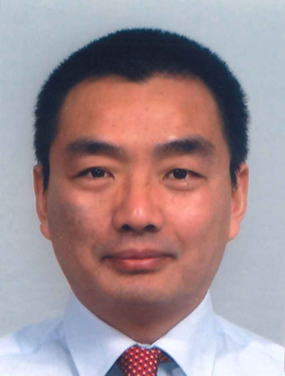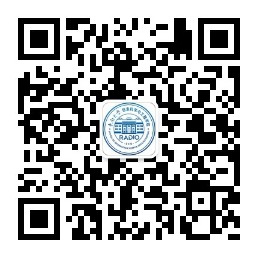题 目:Wireless Power Transfer and Energy Harvesting: Challenges, Developments and Opportunities
报告人:Dr Jiafeng Zhou, Associated Professor, Department of Electrical Engineering and Electronics, University of Liverpool, Liverpool, UK
时 间:2023年08月07日(周一)下午14:30-16:30
地 点:江宁开发区,秣周东路9号,无线谷A3楼3412会议室
主 办:东南大学毫米波国家重点实验室
IEEE AP-MTT-EMC Joint Nanjing Chapter
江苏省电子学会天线与微波专委会
内容简介:
Over the past fifteen years, significant research and development efforts have been dedicated to the study of wireless power transfer and energy harvesting technologies. While there have been notable advancements in these fields, their practical applications remain somewhat constrained. This talk aims to delve into the challenges faced by researchers, provide an overview of recent breakthroughs, and explore potential future opportunities in these areas.
One of the primary challenges associated with wireless power transfer is ensuring its reliability and flexibility in practical scenarios. Achieving efficient and consistent power transfer over varying distances and orientations, while maintaining safety and minimizing electromagnetic interference, is a complex task. Developing wireless charging systems that can adapt to different device types, sizes, and power requirements without compromising efficiency or introducing excessive heat generation is a significant challenge that researchers and engineers continue to address.
On the other hand, energy harvesting applications face the obstacle of dealing with low power levels. Harvesting energy from ambient radio frequency signals often results in limited power outputs. This low power availability hinders the practical implementation of energy harvesting in various applications where higher power requirements are necessary. Enhancing the efficiency and scalability of energy harvesting technologies to overcome this limitation is a key area of focus for resarchers.
Looking to the future, there are promising opportunities for further advancement in these areas. Research efforts continue to explore novel approaches, such as magnetic resonance coupling and beamforming techniques, to enhance wireless power transfer efficiency and range. Moreover, the integration of energy harvesting technologies into the Internet of Things (IoT) ecosystem and the development of self-powered wireless sensor networks hold great potential for numerous applications, including smart cities, healthcare, and environmental monitoring.

报告人简介:
Dr Jiafeng Zhou is an Associated Professor with the Department of Electrical Engineering and Electronics, University of Liverpool, Liverpool, UK. His research interests include microwave circuit design, wireless power transfer and energy harvesting. He is the Chief Editor of Wireless Power Transfer (Cambridge University Press and Hindawi) and serves as an Associate Editor of several other Journals. He has received more than 10 Best Papers awards, including six on the topic of wireless power transfer and energy harvesting. He is the Vice Chair of the IET IoT Technical Network, and an executive committee member of the IET Electromagnetics Technical.

